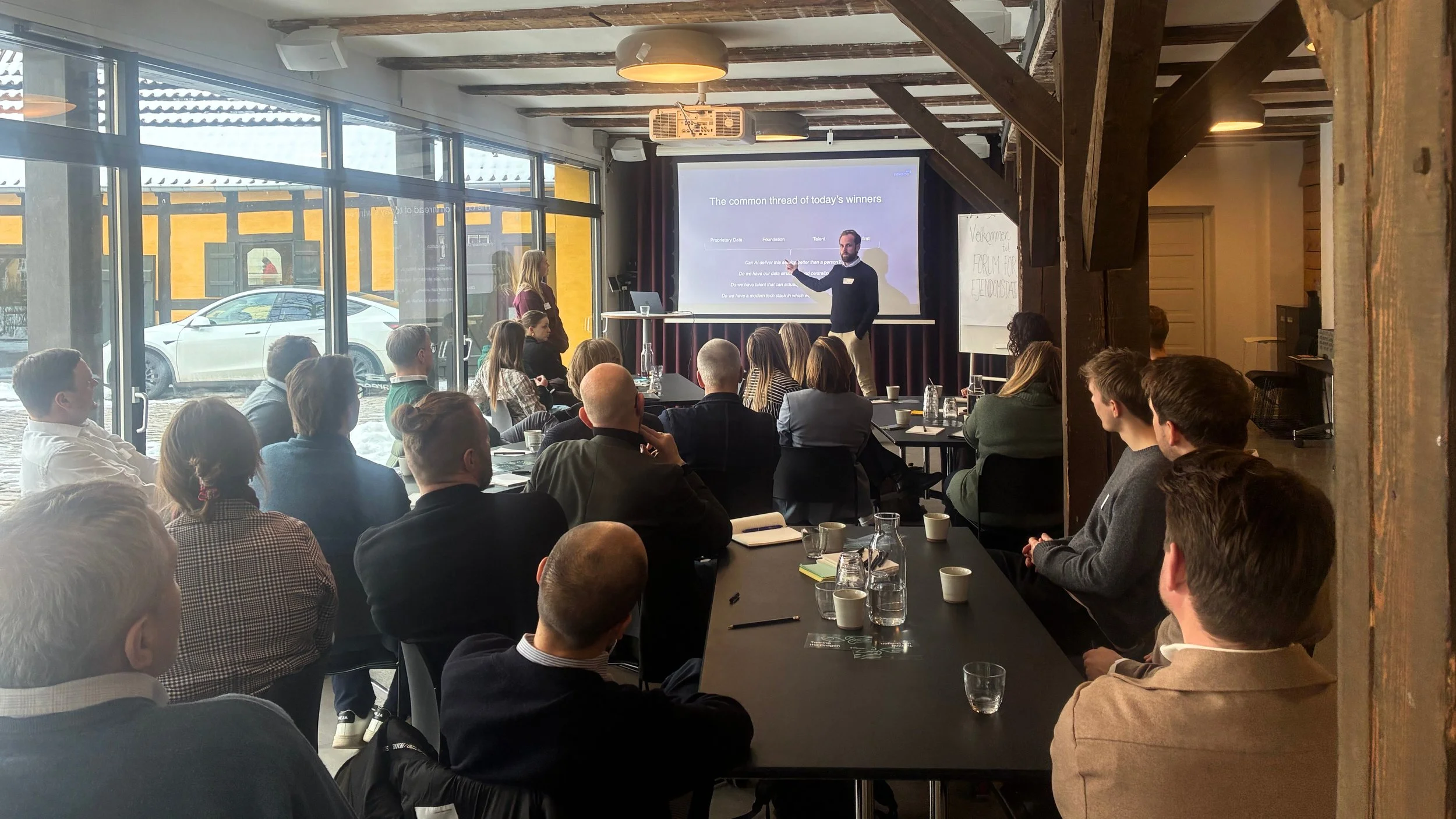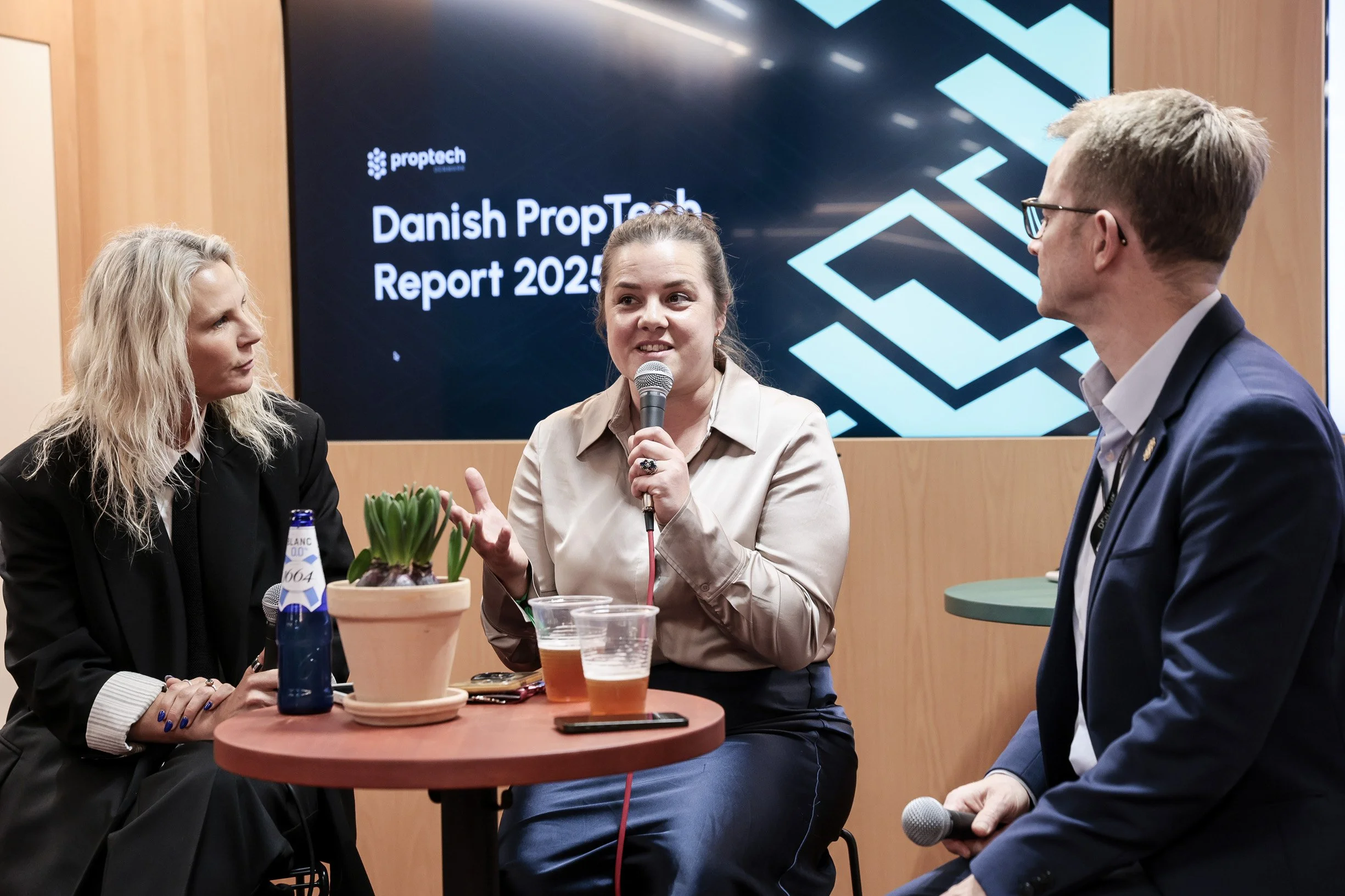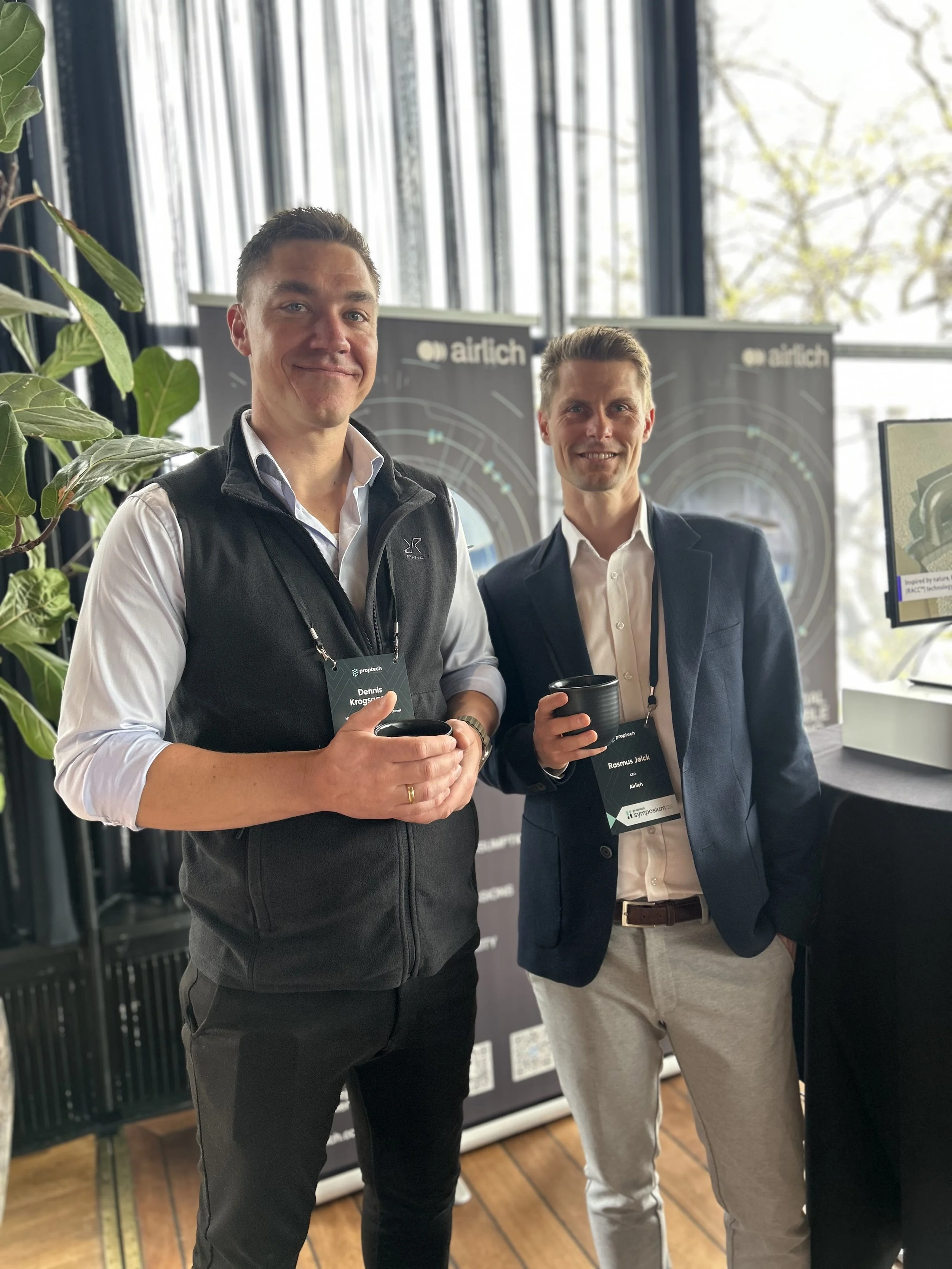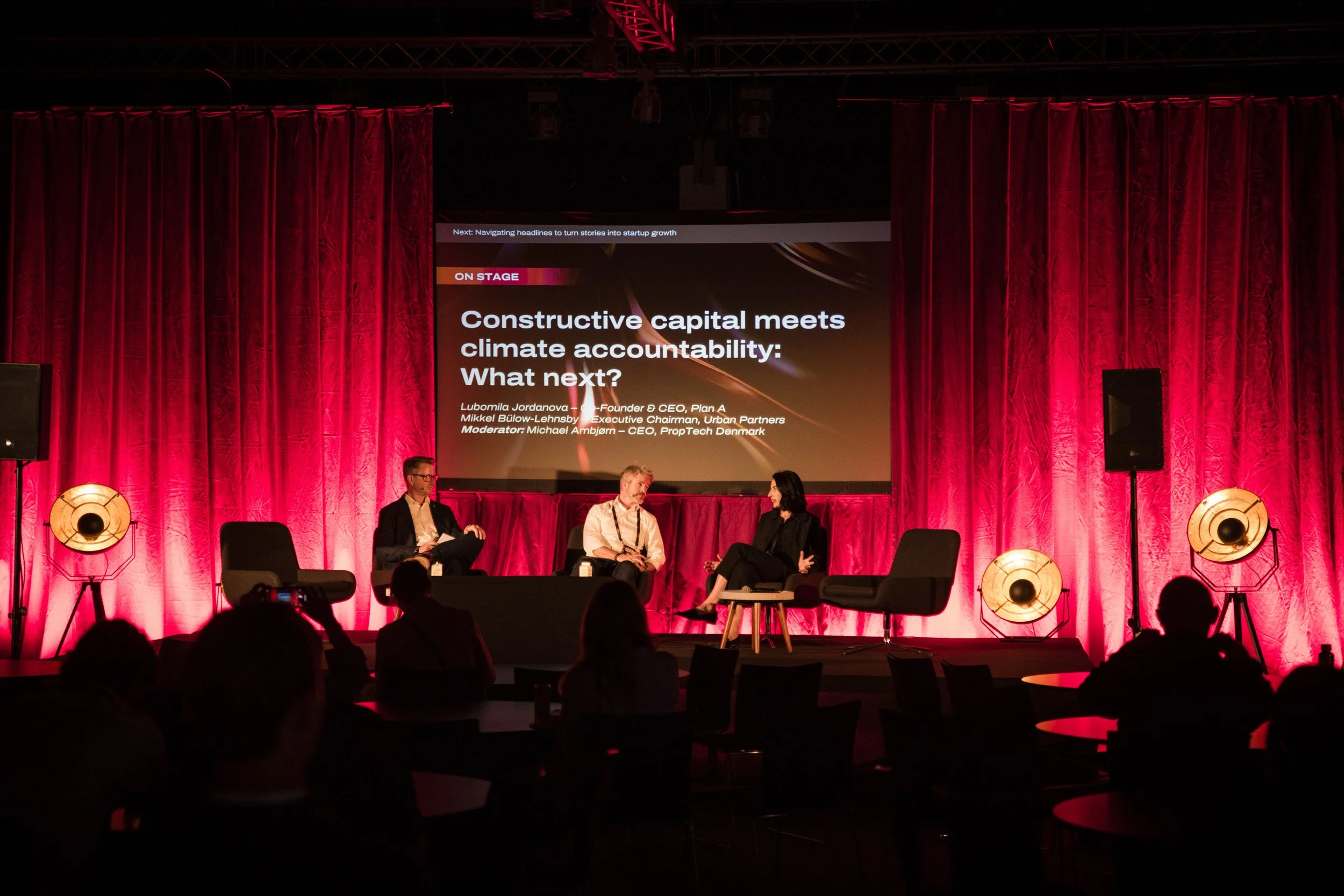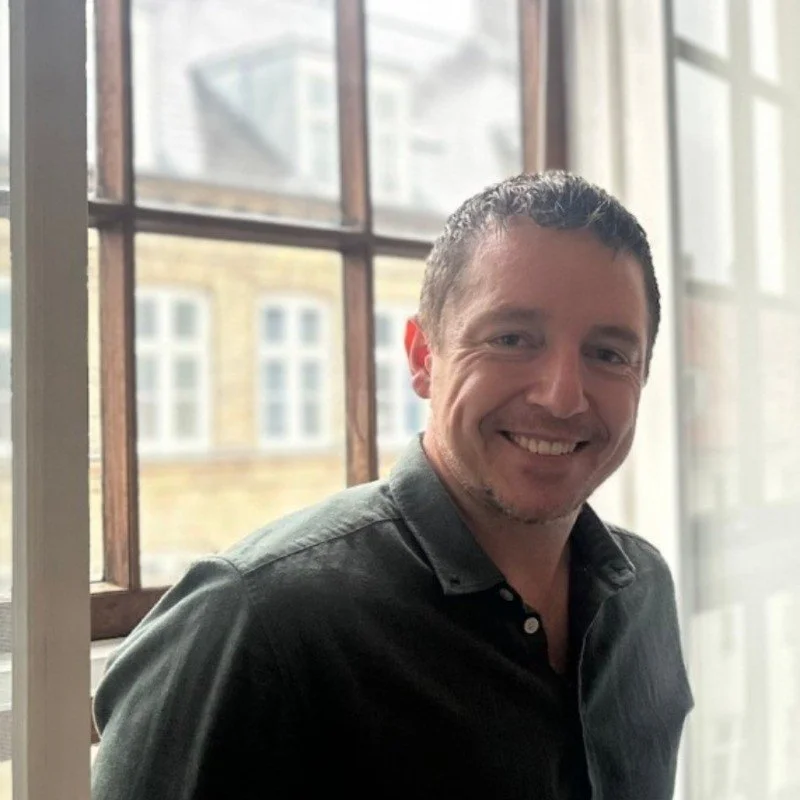New extensive fund will make real estate and our cities more sustainable
Image from NREP
A large number of significant Nordic and international real estate companies, including Danish NREP, have launched an extensive venture fund – 2150 – in order to invest in technologies and solutions that can make our properties and cities more sustainable.
The 2150 venture fund
The fund will invest in new companies that have solutions with crucial potential to reduce the climate impact from our urban environment. In particular, 2150 is looking for solutions and technologies that can significantly reduce CO2 emissions in the concrete industry and on construction sites, reduce waste in construction processes, and ensure more efficient and sustainable heating, cooling, and ventilation of our buildings.
2150's first investment has gone to Canadian CarbonCure Technologies, which has developed an innovative technology to store surplus CO2 in concrete. The CO2 is injected into the concrete, where it will be bound in a new chemical compound. This reduces the need for cement, which is the most expensive and pollutant material. Their technology is globally the fastest scaling and has recently won the global Carbon Xprize. CarbonCure aims to reduce CO2 emissions in concrete production by half a billion tonnes annually by 2030, about ten times as much as Denmark's total CO2 emission.
Speed is essential if we are to reverse the development
2150 will primarily invest in so-called scaleups – i.e., the slightly more extensive and more mature entrepreneurial companies, which have proven that their solutions work and make a significant difference to the climate, but which lack capital and help to make them visible to the market on a larger scale. According to Christian Jølck, Co-founder and Partner in 2150, it is quite conscious that they do not go after companies and technologies that are in the very early stages:
In Denmark, we have now and have previously had several generalist funds and capital, which have been very focused on the earlier stages. This is good for innovation and ensures that new ideas are tested. However, the biggest challenge in solving climate challenges is the speed of climate change – we only have a little more than six years to get to the finish line. Therefore, in 2150, we focus on the scaling and introduction of exponential solutions rather than the very early stages of development.
2150 comes with money, expertise, and a huge industry network
2150 is, in many ways, not a traditional venture fund. This is due to the fact that the fund focuses on scaling and deploying sustainable technologies and solutions. The whole basic idea of their approach and organization is that they are not 'just an investor' – but just as much a facilitator. 2150's team combines experienced people from the real estate and construction industry, consumer technology, and venture investments. They, therefore, have a sizeable relevant network and an understanding of the industry and reality that these solutions need to be developed for and scaled in.
A majority of our investors are from the real estate industry, either in infrastructure or the mobility sector. Within a significant number of our investor agreements, we have agreed that both parties should work on synergies so that we can introduce the solutions we invest in if it makes sense. In this way, we can support the transformation of cross-value chains within industries that are in dire need of sustainable technology, says Christian Jølck.
Unique opportunity for Denmark and the Danish ecosystem
Behind 2150 is a team that counts many international names alongside the fact that the fund acts and invests internationally and currently has investments from the US to Asia. The foundation has offices in Copenhagen and London, and the founder-circle includes notable Danish names besides Christian Jølck, including Mikkel Bülow-Lehnsby from NREP and the former Rocket Internet Chief Product Officer, Jacob Bro.
2150 will be the most prominent Danish venture fund and one of the largest venture funds in Europe with a focus on sustainable technology. The startup beyond Denmark is no coincidence, and Danish NREP has been one of the primary drivers in the establishment of 2150. According to Christian Jølck, this also gives the foundation many advantages to having an office in Denmark. Denmark, for example, has several clear strengths within the sustainable part of the construction and real estate industry. There are already a number of exciting companies and sustainable solutions within the Danish market, while several property developers and investors are helping to take the lead and test new things when it comes to sustainable construction.
Copenhagen is also one of the most 'livable' and sustainable cities to live in, and Copenhagen is expected to be the world's first capital city to be completely carbon neutral. A lot is going on concerning sustainable urban development in Copenhagen – both among public and private actors, which according to Christian Jølck, provides some unique opportunities to test new solutions and make pilots. At the same time, Christian Jølck stresses that 2150 must have an international focus. This is both in relation to the startups that are invested, but also very much in terms of spreading the solutions:
If we are to succeed in curbing climate change, it is a global effort that is needed. Denmark is really just a facilitator and the first step in relation to the global markets. That said, we will do everything possible to get the exciting technologies we invest into Denmark and thereby contribute to Denmark becoming frontrunners in terms of testing and introducing new climate solutions within the built environment. This could potentially provide a significant and vital boost to the Danish urban tech ecosystem.
Venture funds like 2150 are crucial if climate change is to be stopped
According to Christian Jølck, venture funds play a crucial role in stopping climate change in time. Especially the venture funds that dare to invest in innovative tech solutions within our built environment.
50% of the solutions we need in order to achieve the goal of reducing our CO2 emissions are new solutions. And the built environment is a crucial factor – 40% of our CO2 emissions come from our buildings, and 70% are concentrated in the urban environment. It also means that the built environment is where we as citizens get the most CO2 reduction per invested penny in new climate solutions. Moreover, at the same time, we need exponential technologies to solve the temporal challenge and to change our habits.
In relation to this, venture funds play a crucial role in the green transition. As a venture fund, we dare to take risks and invest our time and money in maturing and scaling promising technologies and companies, as well as preparing them for the industry, adds Christian Jølck.
– Written by Jakob Stoumann, former Network Director at PropTech Denmark.


